Got a symphony of clanks, bangs, and whistles every time you turn on the faucet or flush the toilet? You’re not alone! Many homeowners experience the unsettling sounds of noisy pipes. While annoying, these sounds are often a cry for attention from your plumbing system.
At Winstar Hardware, we believe a peaceful home starts with quiet plumbing. In this guide, we’ll dive into the most common reasons behind those loud pipes and offer practical solutions you can tackle yourself, with a little help from our extensive range of plumbing supplies.
Common Causes of Noisy Pipes
Before you can quiet your noisy pipes, you need to understand what’s making them protest. Different sounds often point to different culprits.
1. Water Hammer: The Loudest Culprit
Imagine a train hitting a wall – that’s often what water hammer sounds like. This loud banging or thudding noise occurs when water flowing rapidly through pipes is suddenly stopped (e.g., when a faucet is abruptly closed or an appliance finishes filling). The momentum of the water sloshes back, creating a shockwave.
- Why it happens: Old or failing air chambers (water hammer arrestors), high water pressure, or loose pipes can exacerbate this issue.
- Fix: Check out a range of water hammer arrestors – they’re designed to absorb the shock of sudden water stops.
2. Loose Pipes: The Rattlers and Vibrators
Sometimes, the simplest explanation is the best. If your pipes aren’t securely fastened to wall studs or joists, they can vibrate and rattle against their surroundings as water flows through them. This is especially common with hot water pipes that expand and contract.
- Why it happens: Inadequate strapping during installation, or clamps that have deteriorated over time.
- Winstar Fix: We’ve got plenty of pipe hangers and clamps to secure those wayward lines.
3. High Water Pressure: The Constant Hum
While good water pressure is often desirable, excessively high pressure can lead to a host of noisy pipe problems, including a constant hum or vibration, and even contribute to water hammer.
- Why it happens: Your municipal water supply might deliver water at a higher pressure than recommended for residential plumbing (typically 40-60 psi).
- Winstar Fix: Install a pressure reducing valve (PRV) at your main water line to regulate the incoming pressure.
4. Air in the Pipes: The Gurgle and Spits
Hear a gurgling, spitting, or hissing sound? That’s usually air trapped in your plumbing system. While sometimes harmless (like after maintenance), persistent air can lead to frustrating noises and uneven water flow.
- Why it happens: Air can enter the system after a pipe repair, if water pressure is too low, or from a leak allowing air to be drawn in.
- Winstar Fix: While not always a “fix” you buy, ensuring all faucets are fully open when flushing air out of the system is key. You can also inspect your faucet aerators for clogs that might restrict flow and trap air.
5. Mineral Buildup or Debris: The Restricted Flow Whistle
Over time, especially in areas with hard water, mineral deposits (limescale) can accumulate inside pipes, narrowing the opening. Debris can also get trapped. This restriction forces water through a smaller space, often creating a whistling or whining sound.
- Why it happens: Hard water is the primary culprit, but sediment from a water heater or corrosion can also contribute.
- Winstar Fix: Consider a water filtration system to reduce mineral buildup, or descaling solutions for water heaters.
6. Drain Pipe Gurgling: Venting Issues
If you hear gurgling specifically from drains, especially after flushing a toilet or running a sink, it might not be a water supply pipe issue. This often points to a problem with your plumbing vent system.
- Why it happens: A clogged or improperly installed vent pipe prevents air from entering the drain line, creating a vacuum that pulls air through the P-trap, causing the gurgle.
Winstar Fix: This often requires professional assessment, but for simple clogs, a drain snake might clear a blockage in the visible parts of the drain.
| Sound Type | Common Cause | Winstar Hardware Solution |
| Loud Banging/Thud | Water Hammer | Water Hammer Arrestor |
| Rattling/Vibrating | Loose Pipes | Pipe Hangers & Straps, Pipe Insulation |
| Constant Hum/Vibration | High Water Pressure | Pressure Reducing Valve (PRV) |
| Hissing/Spitting/Gurgling | Air in Pipes | Flush System, Check Faucet Aerators |
| Whistling/Wining | Restricted Flow (minerals/debris) | Water Filtration, Descaling solutions, Inspect/Clean Pipes |
| Drain Gurgling | Venting Issues | Drain Snake (for accessible clogs), Professional Help (for vents) |
Solutions for Quieting Your Noisy Pipes
Now that you’ve identified the likely cause, let’s get those noisy pipes under control!
1. Install Water Hammer Arrestors
If water hammer is your issue, these devices are a game-changer. They contain an air cushion that absorbs the shock when water flow suddenly stops. You can install them near quick-closing valves like those for dishwashers, washing machines, and even under sinks.
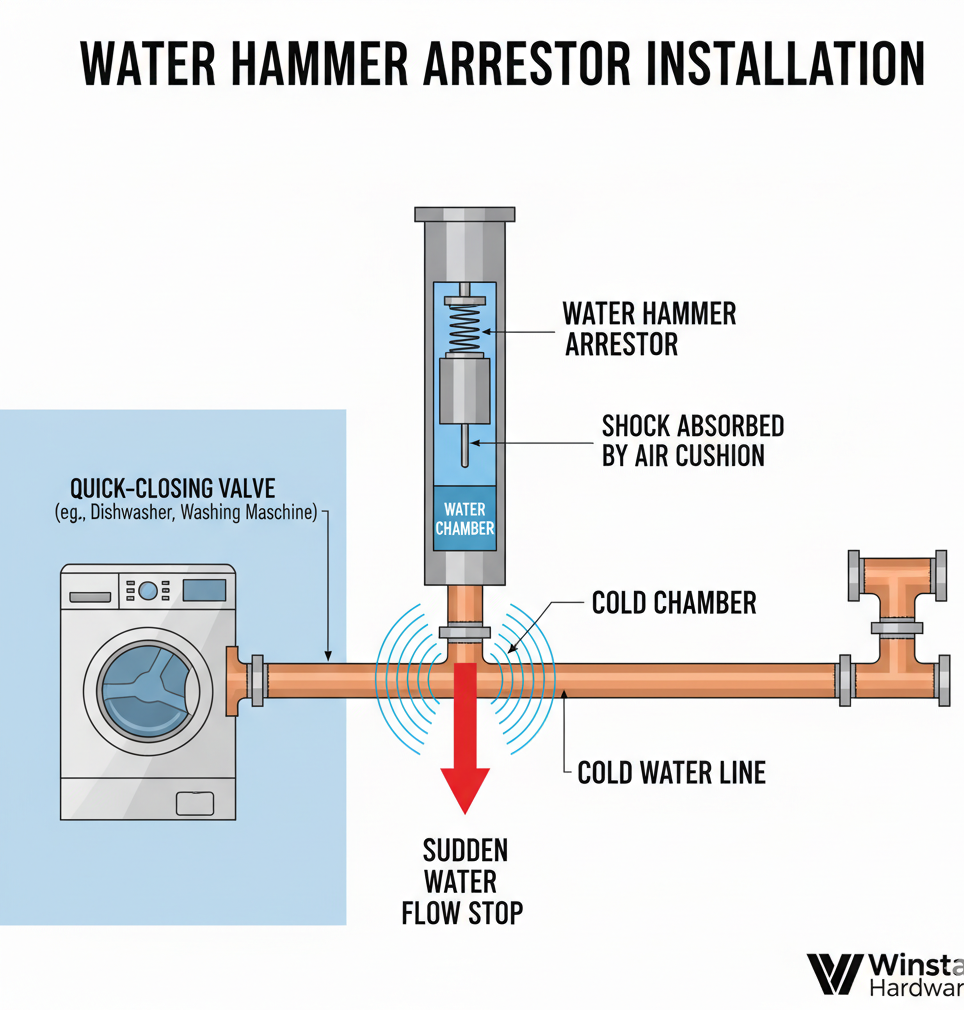
2. Secure Loose Pipes
This is often a simple fix! Locate the vibrating pipe (often in basements, crawl spaces, or utility closets) and secure it with pipe hangers, straps, or clamps. For pipes running through joists or studs, consider using pipe insulation to dampen vibrations and expansion.
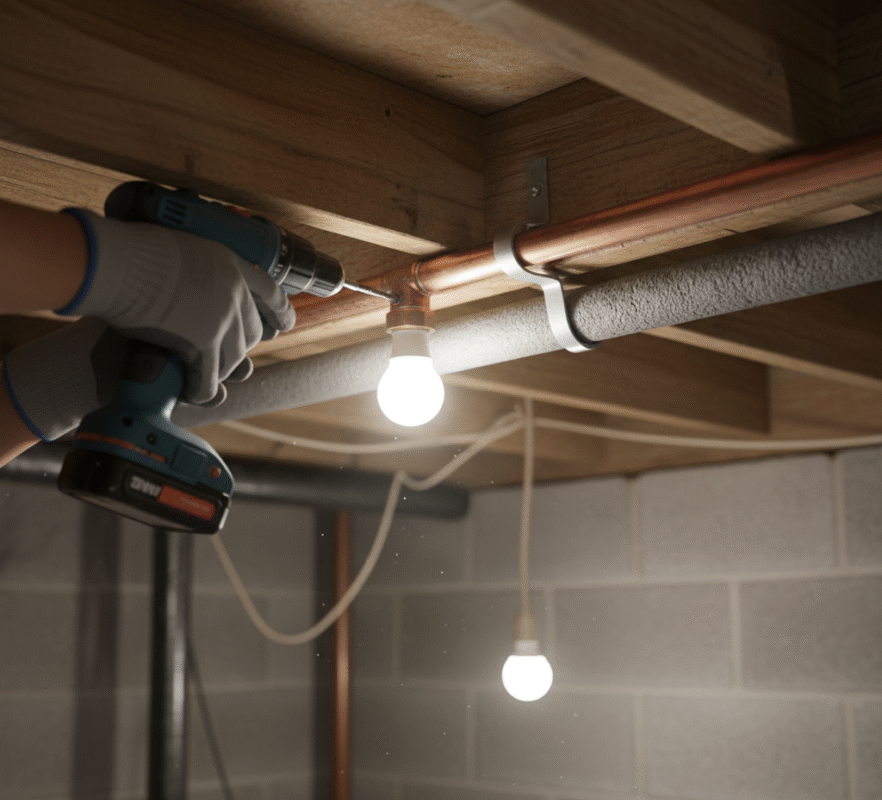
3. Adjust Your Water Pressure
You can test your home’s water pressure with a simple water pressure gauge. If it’s consistently above 60-80 psi, installing a pressure regulating valve (PRV) at your main water supply line is recommended. This not only quiets noisy pipes but also protects your appliances and extends the life of your plumbing system.
For more in-depth information on water pressure and PRVs, check out our helpful guide on how to fix low water pressure.
4. Bleed Air from Your System
Sometimes, all your noisy pipes need is a good air purge. Start by turning off your main water supply. Then, starting from the lowest faucet in your home and working your way up, open all hot and cold faucets. Once all faucets are open, turn your main water supply back on and let the water run until it flows smoothly and all air has escaped. Close the faucets, starting from the lowest to the highest.
5. Address Mineral Buildup and Debris
For mineral buildup, consider a whole-house water softener or filtration system. For specific fixtures, descaling solutions can sometimes help. If you suspect debris, a licensed plumber might need to flush your system or inspect pipes. Regularly flushing your water heater can also prevent sediment buildup. You can watch this video for a visual guide on how to flush your water heater.
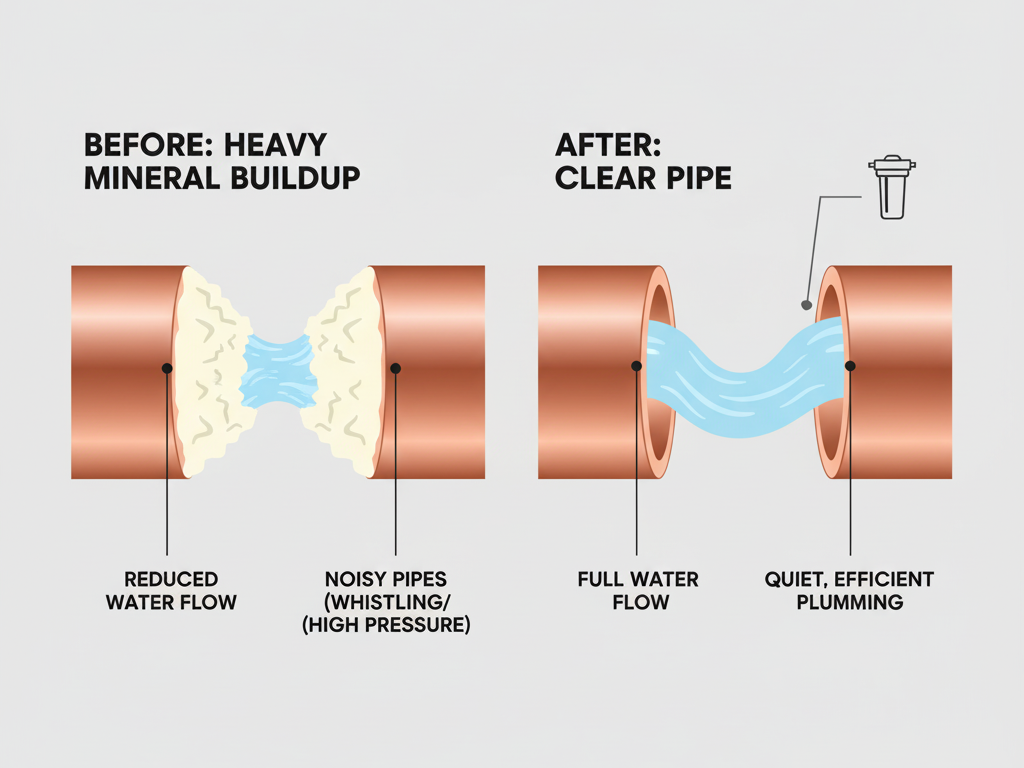
When to Call a Pro
While many noisy pipe issues can be tackled by a confident DIYer, some situations warrant a professional plumber.
- If you can’t identify the source of the noise.
- If repairs involve opening walls or floors.
- If you suspect serious issues like major leaks, consistently low water pressure, or complex vent system problems.
- If after trying the DIY fixes, your noisy pipes persist.
Conclusion: Enjoy the Sound of Silence
Don’t let noisy pipes disrupt the tranquility of your home. By understanding the causes and applying the right solutions, you can restore peace and quiet to your plumbing system.
At Winstar Hardware, we’re here to help every step of the way. Visit us in-store or browse our online selection for all the tools and parts you need to silence your pipes for good. Our knowledgeable staff are always ready to assist you in finding the perfect solution for your noisy pipe problems.


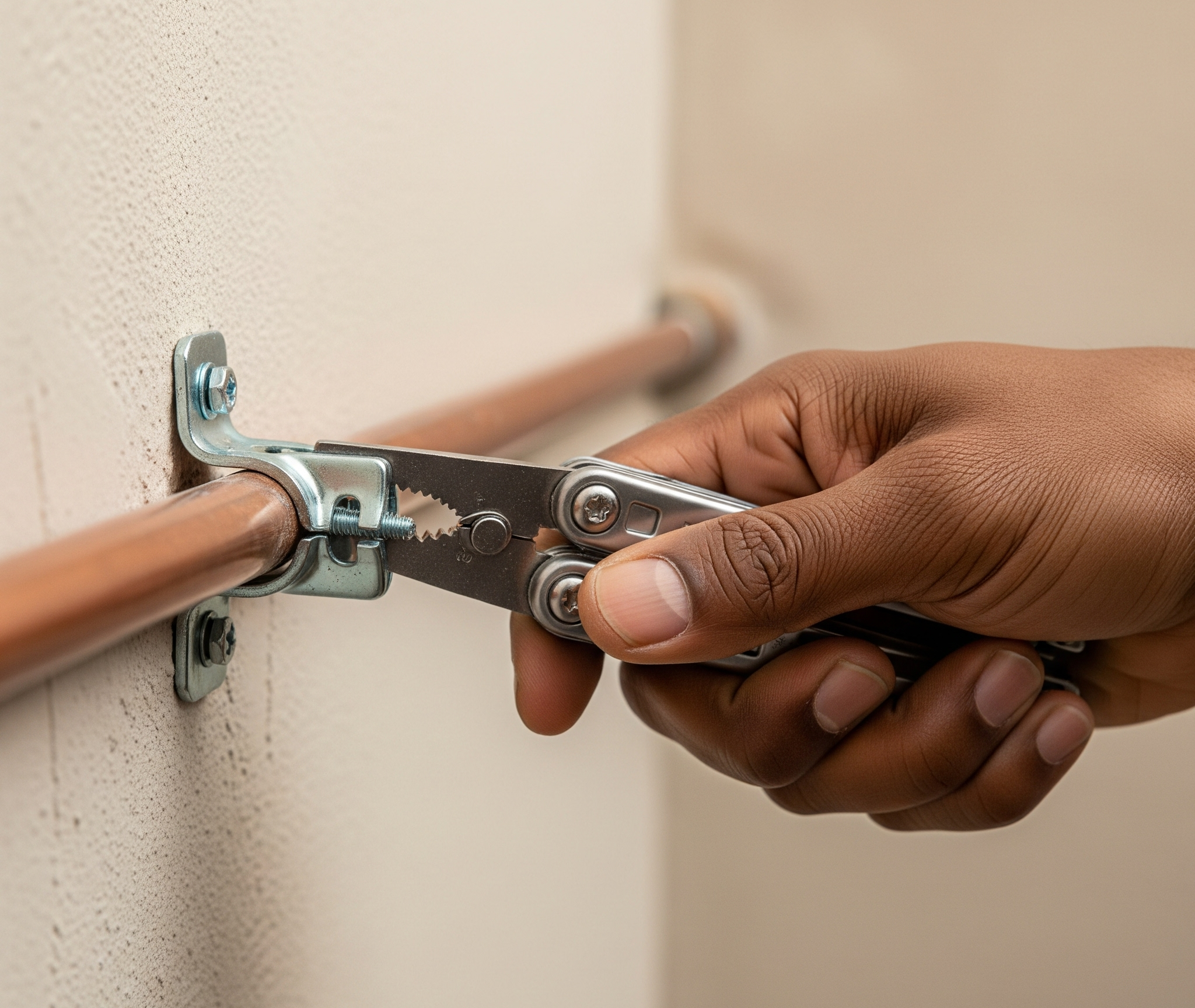
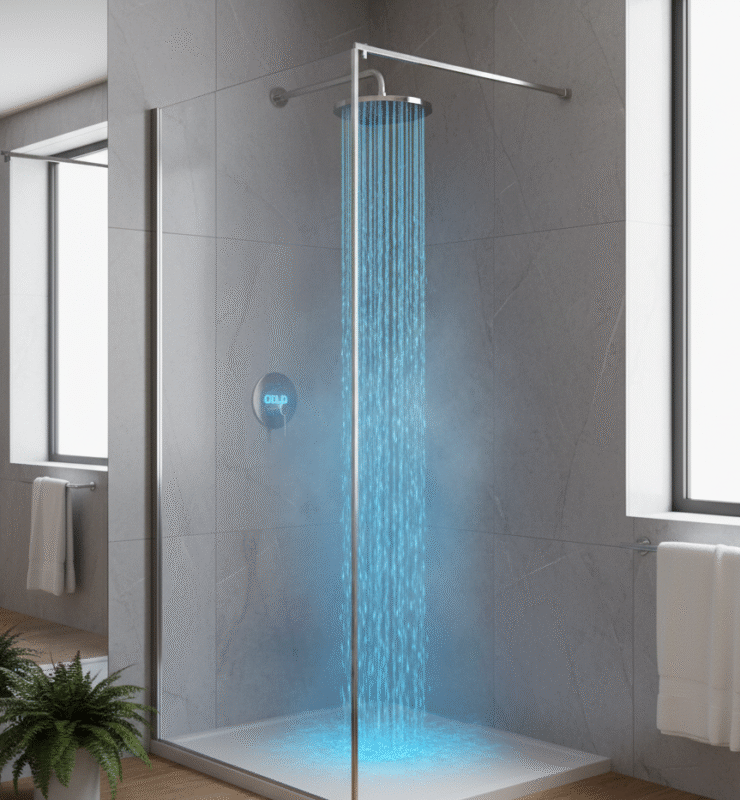
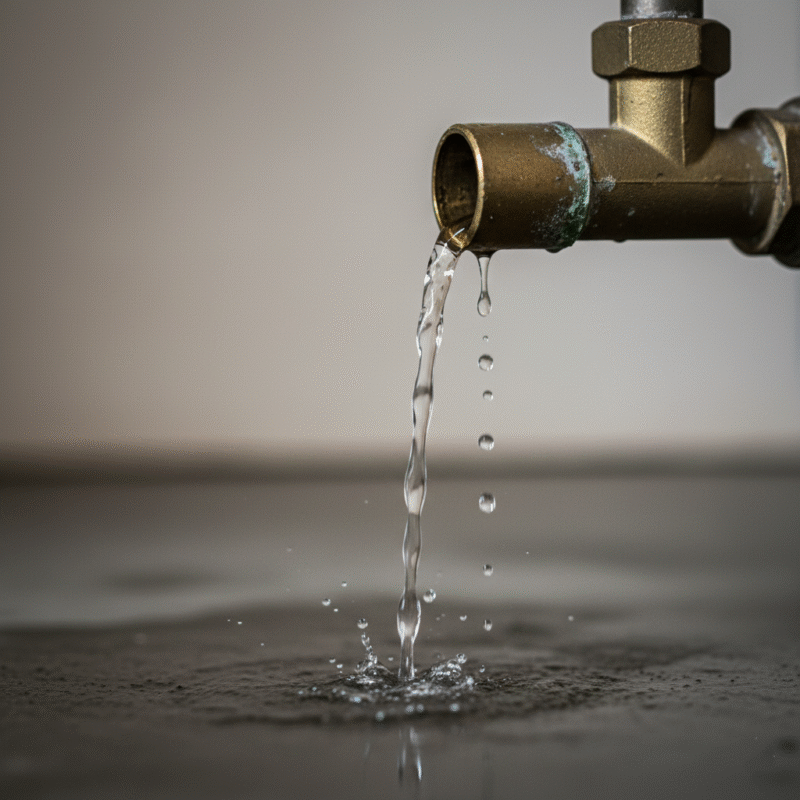
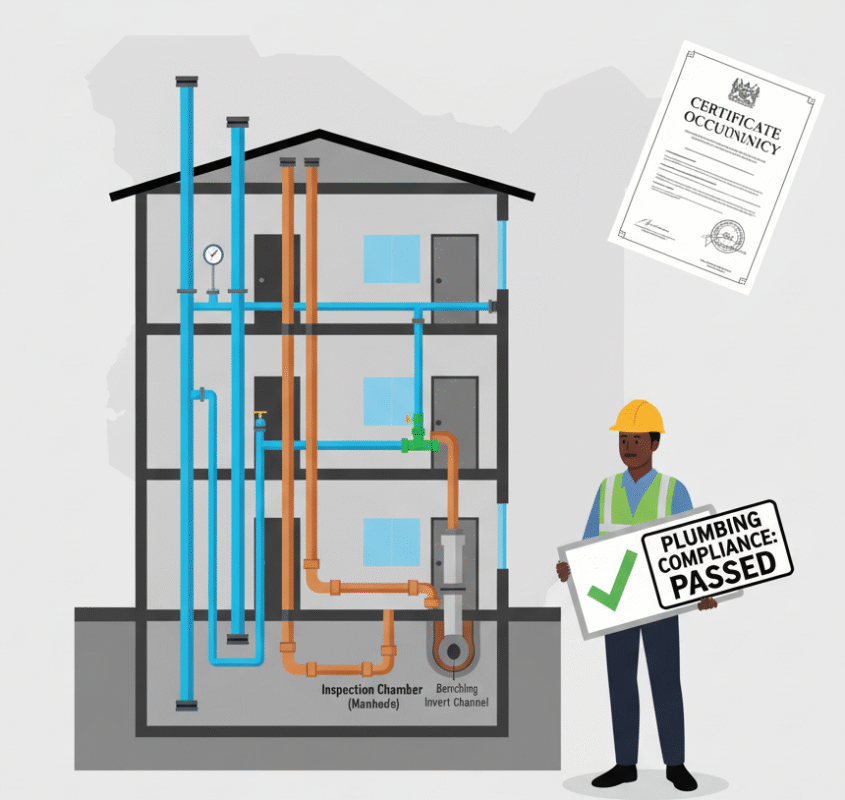
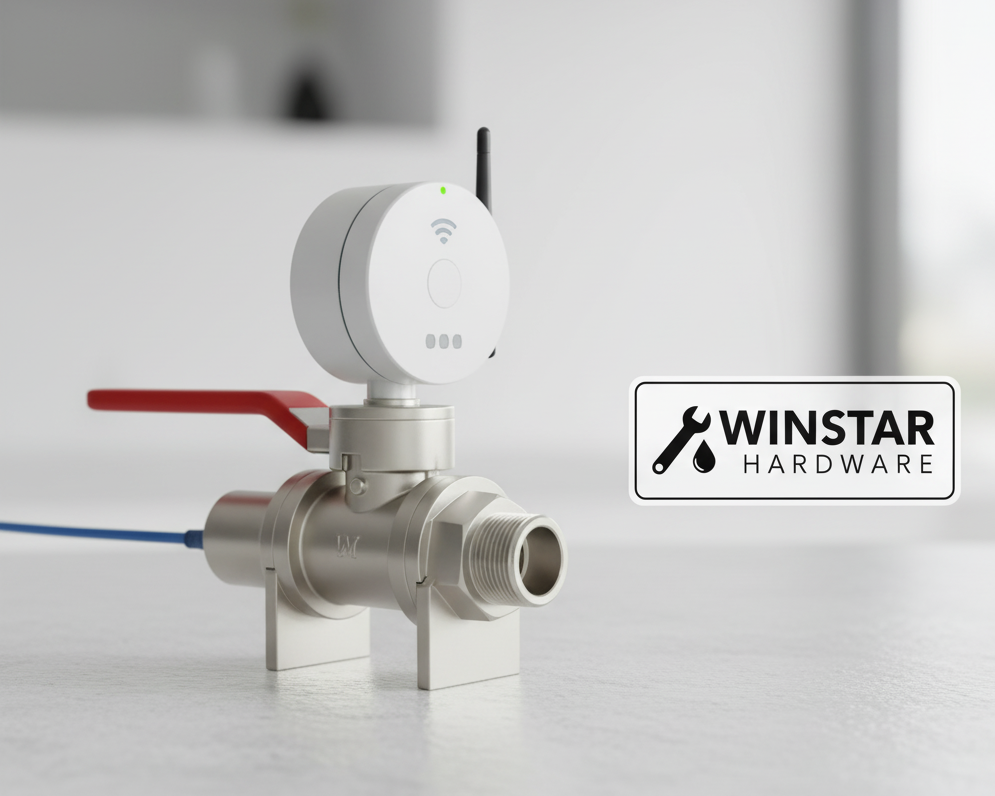
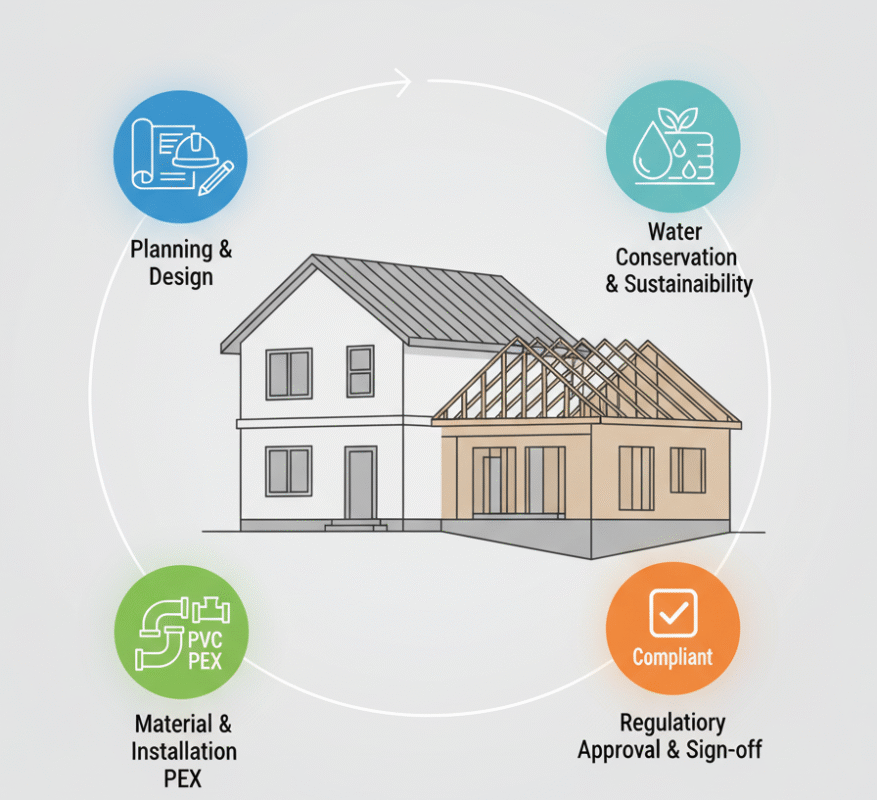
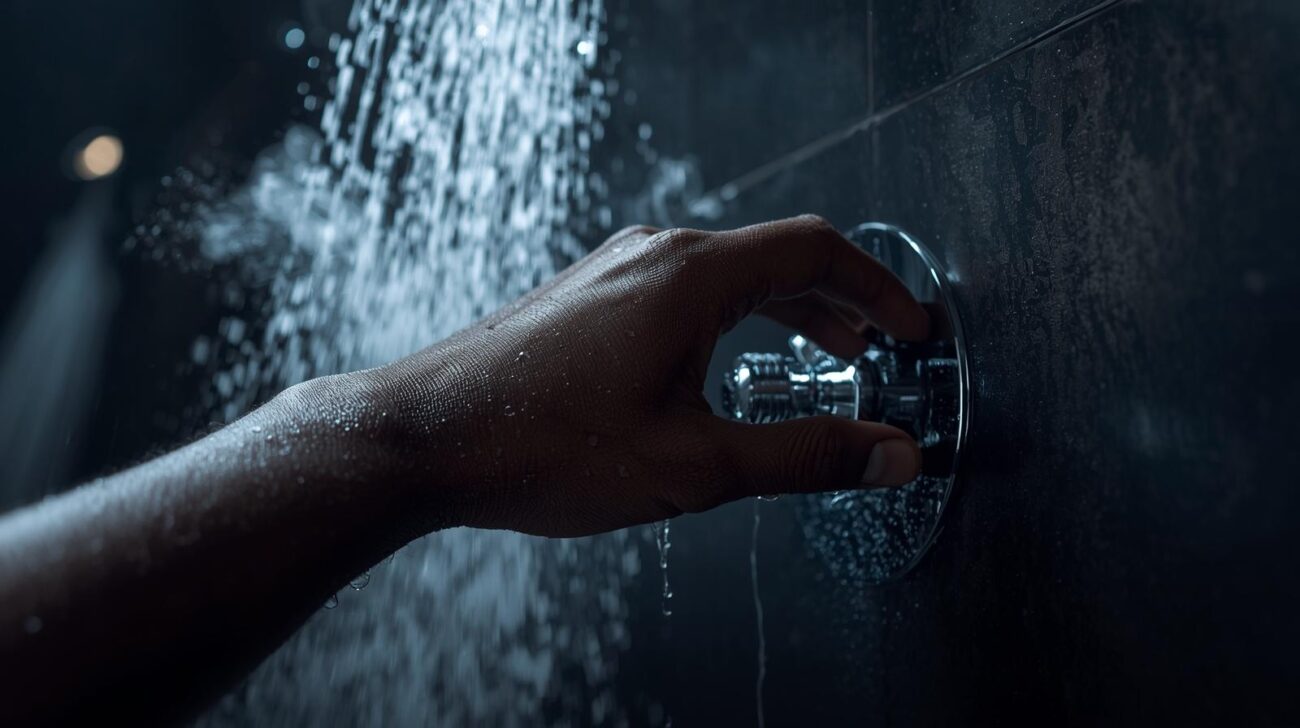
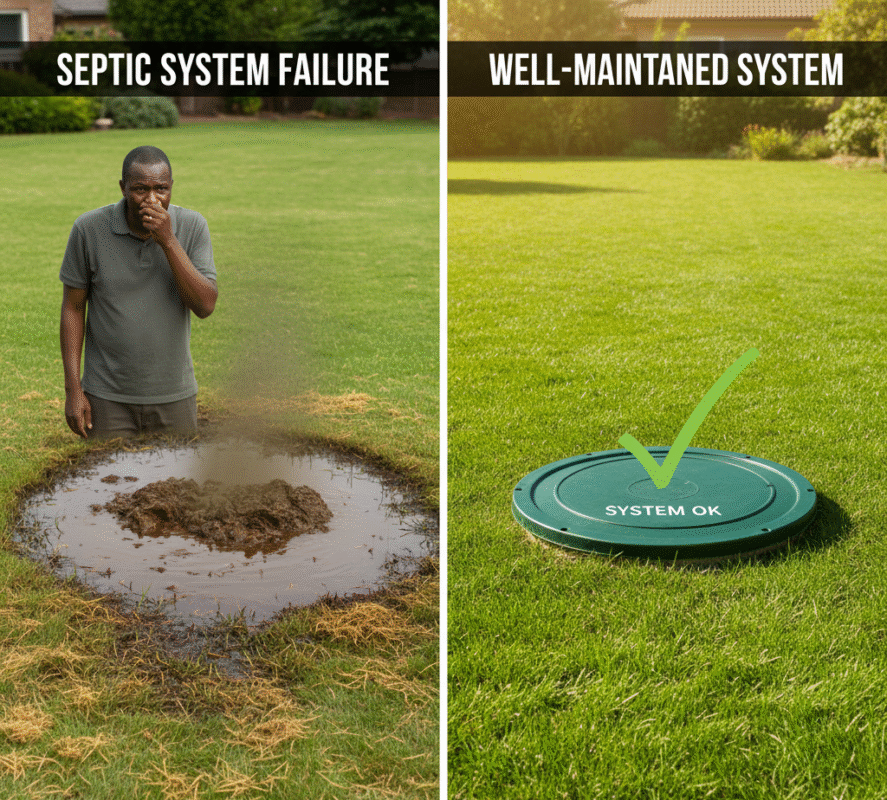
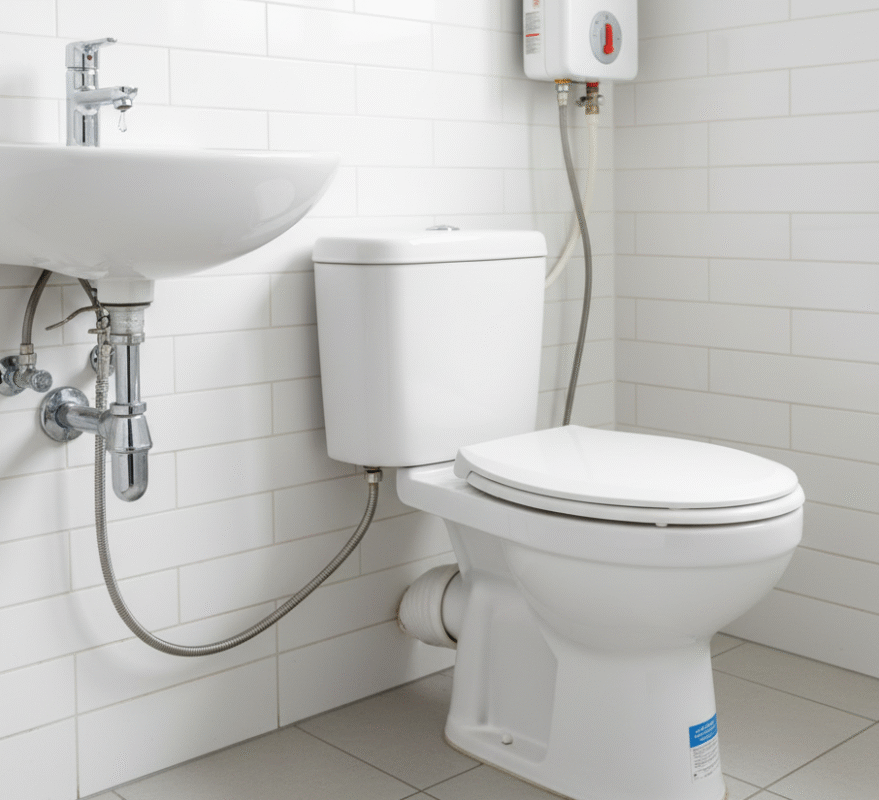
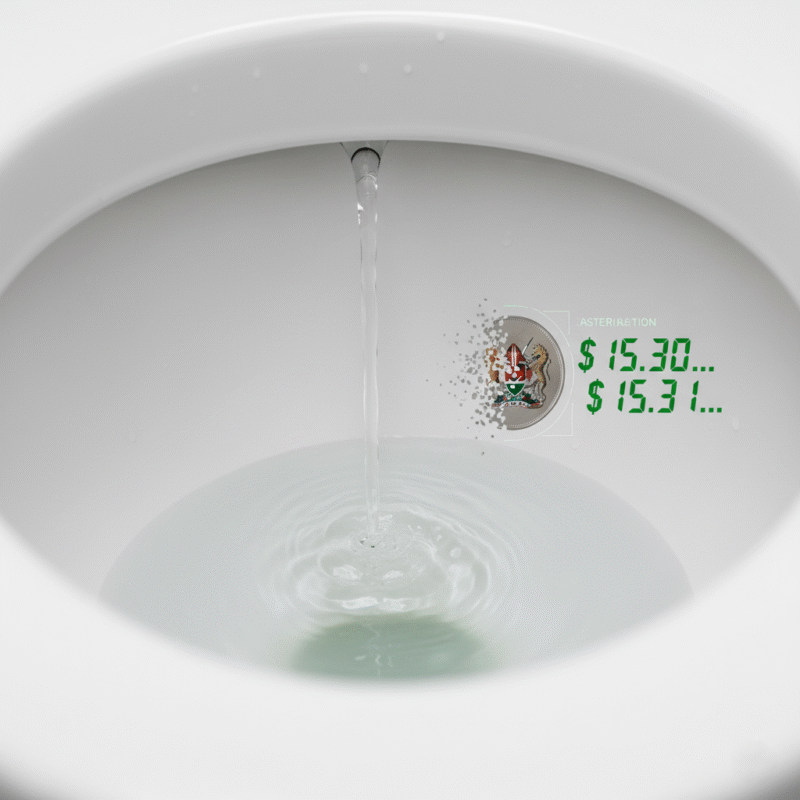
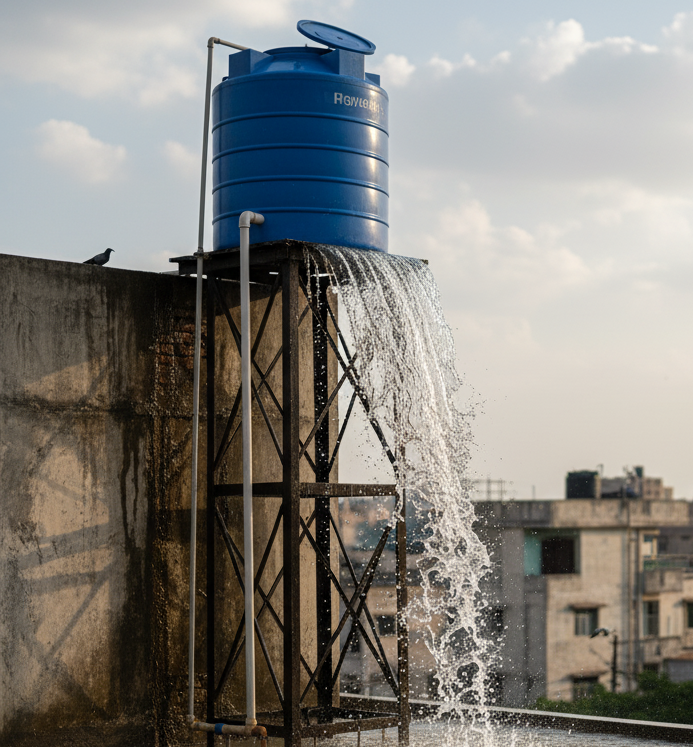
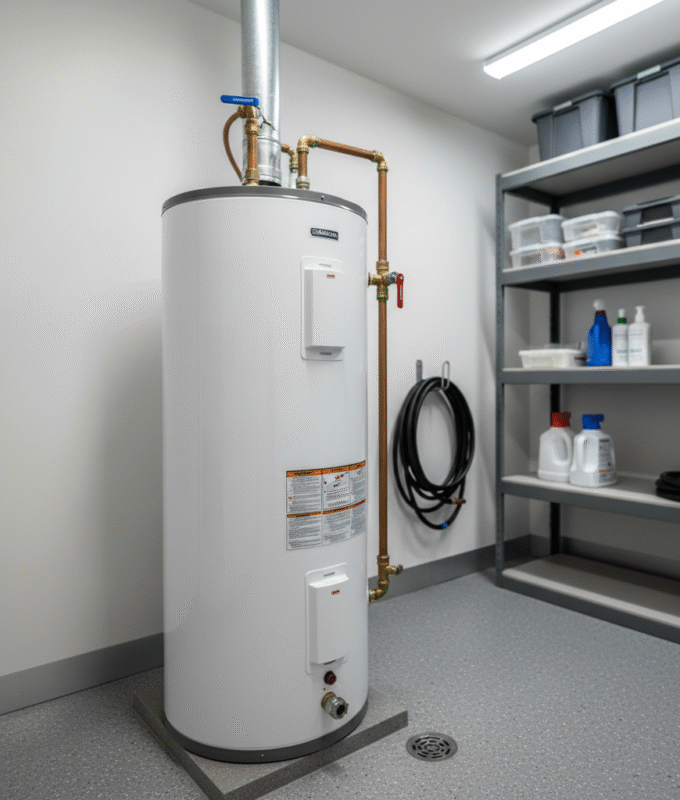
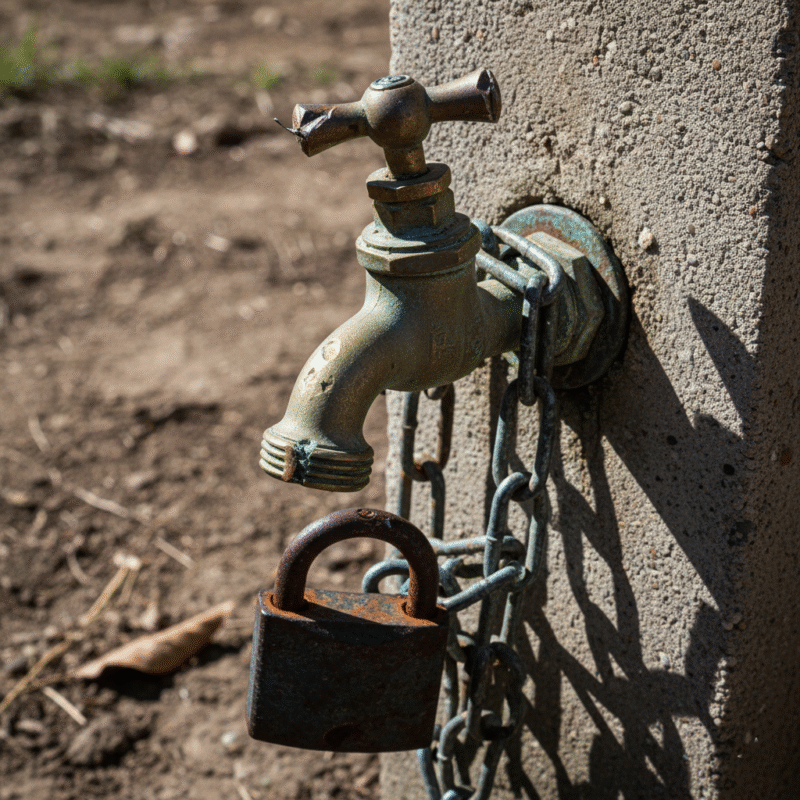









hello
good info